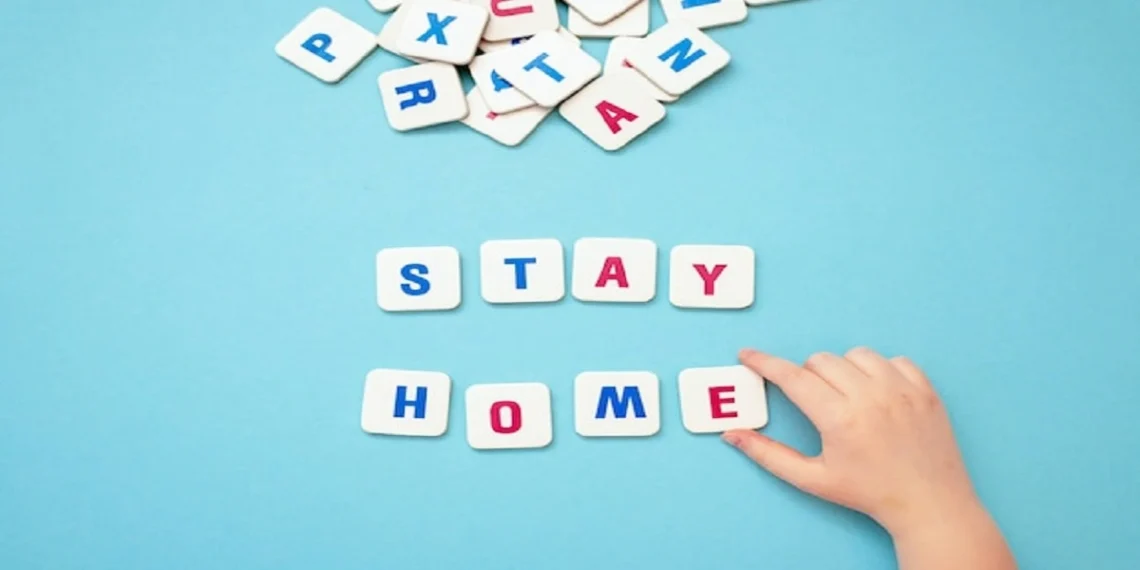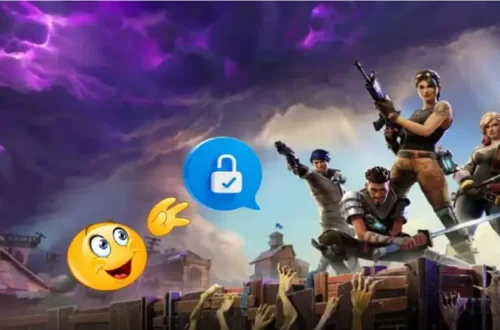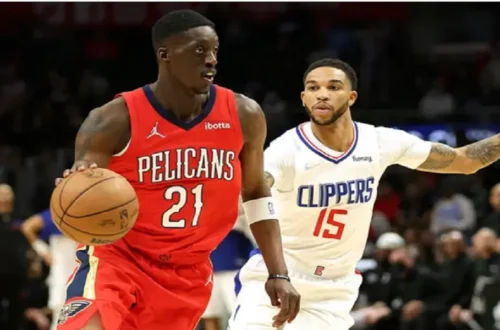Playing with letters and forming words has always been a fun and educational activity for people of all ages. This simple yet engaging pastime sharpens minds, increases vocabulary, and fosters creativity. Whether you enjoy word games like Scrabble, Words With Friends, or anagrams, the challenge of creating words from letters taps into problem-solving skills, language knowledge, and imagination.
In this article, we’ll explore the various ways you can create words from letters, the benefits of these exercises, and tips for improving your word-forming abilities. By the end, you’ll not only have fun with wordplay but also discover how to turn these activities into a useful tool for learning and cognitive development.
How to Create Words from Letters
Creating words from letters seems like a simple task, but it often involves deeper thinking and a strategic approach. Here are some methods to make the most out of any set of letters:
1. Start with Short Words
When you first receive a random set of letters, begin with shorter words. You may spot simple two- or three-letter words quickly. These can include common words like “an,” “be,” or “is.” By identifying the easiest words first, you build momentum, which helps you recognize longer and more complex words later.
Short words often act as stepping stones. For example, with the letters “c,” “a,” “t,” you might first see “cat.” After that, you may notice the word “act.” Starting small makes the overall task less overwhelming.
2. Look for Common Prefixes and Suffixes
English words often include familiar prefixes and suffixes. When trying to form words from letters, look for common beginnings like “un-,” “pre-,” “re-,” or endings like “-ing,” “-ed,” “-ly.” By identifying these, you might form words like “running,” “played,” or “quickly.” Prefixes and suffixes expand your letter possibilities, helping you find words faster.
For example, if you have the letters “s,” “t,” “a,” “r,” and “t,” the word “start” seems obvious. By adding a prefix like “re-” or a suffix like “-ed,” you can also form “restart” or “started.” Understanding these patterns in language offers a powerful tool for creating words.
3. Rearrange Letters Often
Anagrams, or rearranging letters to form different words, play a huge role in forming words from random sets of letters. Continuously shuffle the letters in front of you to see if new combinations emerge. Letters placed in different positions often reveal unexpected words that didn’t stand out initially.
For example, the letters “a,” “r,” “t” can create words like “rat,” “art,” or “tar.” Simple rearrangement changes the way you view the set, opening up multiple word possibilities from just a few letters.
4. Group Vowels and Consonants Together
One easy strategy for forming words involves grouping vowels and consonants together. Many English words follow a pattern where a vowel alternates with consonants, creating common syllable structures. Spotting these patterns helps form words quicker.
If you have a set of letters like “b,” “a,” “t,” and “e,” combining vowels and consonants immediately gives you words like “bat,” “ate,” and “beat.” This approach simplifies the process of creating words and provides a logical structure to the task.
5. Use Online Tools for Practice
Many online tools help players form words from random sets of letters. Word generators, scrabble helpers, and anagram solvers allow you to input your letters and see all the potential words you could create. While using these tools regularly won’t develop your skills like manual practice, they offer a helpful boost for building confidence and vocabulary.
Try using tools sparingly to avoid becoming reliant on them, but when stuck, they can break through mental blocks, showing possibilities you might not have seen.
The Educational Benefits of Word Formation
Forming words from letters provides more than just entertainment. This activity benefits language development, memory, and cognitive function. Let’s take a closer look at the key advantages:
1. Vocabulary Expansion
Playing word games forces you to think outside the box and expand your word knowledge. The more you engage in creating words from letters, the more your vocabulary grows. Over time, you’ll encounter new words, learn their meanings, and integrate them into your everyday language.
For instance, while playing a word formation game, you may come across the word “zenith,” which refers to the highest point or peak. Once you learn it through gameplay, you’re likely to remember and use it in appropriate contexts, broadening your vocabulary.
2. Improved Spelling
Forming words from letters sharpens your spelling abilities. By working through different letter combinations and identifying words, you naturally develop a better understanding of spelling patterns, word structures, and common letter pairings. Repetition and practice lead to fewer spelling mistakes and a clearer grasp of the language.
Word games act as an informal spelling quiz, where incorrect letter combinations force players to reassess and learn the proper way to spell.
3. Enhanced Memory and Recall
Word formation games enhance both short-term and long-term memory. The mental process of recalling words from a set of letters stimulates memory circuits in the brain. This exercise strengthens recall skills, which improve overall brain function, including remembering information faster and with greater accuracy.
For example, recalling a previously used word in a new letter arrangement demonstrates how memory plays a role in word formation. The more you practice, the stronger this cognitive ability becomes.
4. Improved Focus and Problem-Solving Skills
Creating words from letters requires concentration and strategic thinking. You need to analyze the letters, rearrange them in various ways, and think critically to discover possible word combinations. The longer you practice this, the better you get at focusing on the task and working through challenging problems.
Playing these games frequently develops a natural problem-solving approach, making it easier to tackle complex puzzles, not just in word games but in other areas of life.
5. Stress Relief and Fun
On top of the educational benefits, forming words from letters provides a fun and relaxing activity that reduces stress. Word puzzles engage the mind in a playful way, allowing you to take a break from everyday pressures. Whether you play alone or with friends, the act of solving puzzles or beating a high score fosters enjoyment and satisfaction.
People often find word games therapeutic. The challenge of figuring out words from letters gives a sense of accomplishment, while the process itself offers an enjoyable escape from stress.
Tips to Improve Your Word-Forming Abilities
If you want to boost your skills in creating words from letters, here are a few useful tips:
- Play Word Games Regularly: Dedicate time each day or week to playing word games like Scrabble, Boggle, or crossword puzzles. The more you play, the sharper your skills will become.
- Read Books and Articles: Exposure to different types of reading material expands your vocabulary. The more words you know, the easier it becomes to recognize and form them during word games.
- Learn New Words Each Day: Make it a goal to learn a new word daily. Use flashcards, vocabulary apps, or a dictionary to challenge yourself with unfamiliar words. Over time, this practice builds a rich vocabulary, which aids in word formation.
- Practice with Friends: Playing with others provides a competitive edge and enhances learning. Compete with friends or family to see who can form the most words from a given set of letters, and share tips or strategies for improvement.
- Use Letter Combinations: Familiarize yourself with common letter pairings in English, like “th,” “ch,” “sh,” “st,” and “ing.” Recognizing these patterns increases your chances of forming words quickly.
Conclusion
Creating words from letters offers a fun, educational, and rewarding activity that benefits people of all ages. It improves vocabulary, memory, problem-solving skills, and provides stress relief. By practicing regularly, using strategic methods, and challenging yourself with new word puzzles, you can significantly enhance your word-forming abilities. Dive into the world of letters, and watch your language skills grow with every game.





